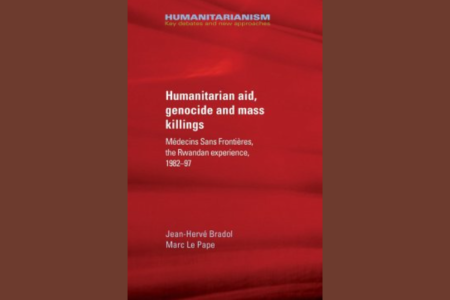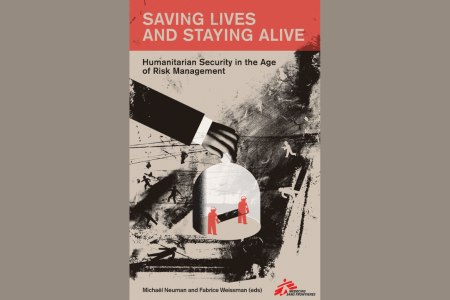
Crisis and Humanitarian Containment
Fabrice Weissman
Challenging the idea that humanitarian actors can act free from politics by virtue of their principles, this chapter argues that the politicization of humanitarian aid is in fact the primary condition for its deployment. Humanitarian actors can only act if they maintain a balance between their own interests and those of people in positions of power. This raises a crucial ethical question: At what point do humanitarian organisations consider that deals reached with political powers cross the blurred but very real line beyond which humanitarian assistance does more harm than good?
This chapter "Ciris and Humanitarian Containment" was edited by Thomas G. Weiss & Rorder Wilkinson, in International Organization and Global Governance, 3rd Edition, 2023, Routledge.
You will find a summary of this chapter in french on the Crash website here.
To cite this content :
Fabrice Weissman, “Crisis and Humanitarian Containment”, 19 décembre 2023, URL : https://msf-crash.org/en/humanitarian-actors-and-practices/crisis-and-humanitarian-containment
If you would like to comment on this article, you can find us on social media or contact us here:
Contribute


